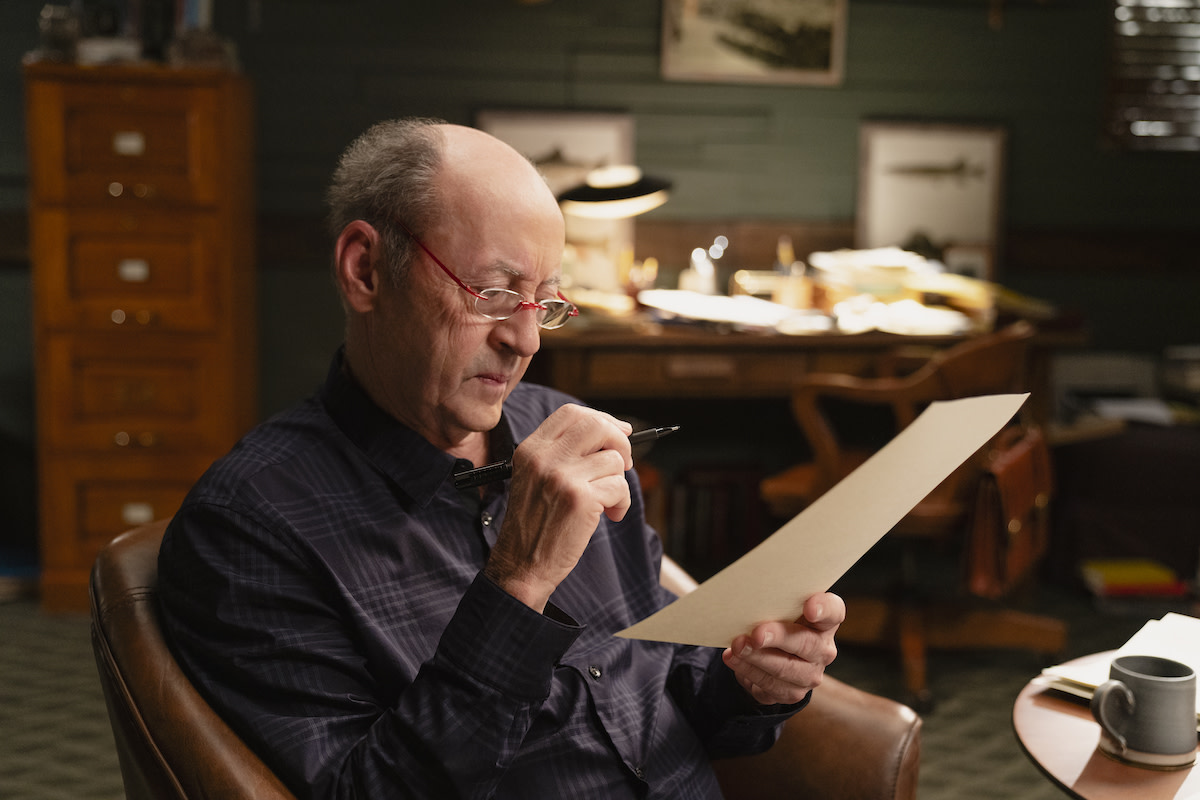Poetry Prompts: Billy Collins’s 5 Tips for Developing New Ideas
Written by MasterClass
Last updated: Jun 7, 2021 • 4 min read
“It’s an interesting question … how to get a poem going,” says world-class poet Billy Collins. Sometimes, it can be challenging to develop ideas for a new poem, especially with the blank page looming in front of you. Here are a few of Billy’s recommendations for “active way[s] to go about jump-starting or triggering your writing.”
Learn From the Best
A Brief Introduction to Billy Collins
Billy Collins is an American poet who has managed to do something few poets can achieve—combine high critical acclaim with broad popular appeal. His work has appeared in a variety of literary magazines, including The New Yorker, the Paris Review, and the American Scholar, and three of his poetry collections have broken sales records for poetry. A few of his poetry collections include Questions About Angels, The Art of Drowning, Sailing Alone Around the Room: New & Selected Poems, Nine Horses, The Trouble With Poetry and Other Poems, Ballistics, Horoscopes for the Dead, She Was Just Seventeen (a collection of haikus), and Picnic, Lightning. He served as Poet Laureate of the United States from 2001 until 2003, and as the Poet Laureate of New York State from 2004 to 2006.
Billy Collins Shares a Handy Prompt to Kickstart Your Writing
Billy Collins’s 5 Tips for Finding Ideas for New Poems
Here are some poetry writing prompts and tips from legendary Poet Laureate Billy Collins to help you get started on your next poem or short story:
- 1. Start with an object. A common creative writing prompt is to choose an inanimate object close by—whether you’re in an office or a kitchen, a park or a library—and describe it. Billy has some particular advice for this exercise: “Some common object might reveal itself as a kind of symbolic or token object that reminds you of something,” he explains. Pay attention to when “the poem wants to leave the object and go beyond it into something greater.” Does the object evoke personal memories, remind you of a family member, have cultural implications, or elicit an emotion? Write a poem that starts with this object, then leads the reader into more personal memory.
- 2. Use other poems as inspiration. Sometimes, the best inspiration you can find for your writing practice lies in someone else’s poetry. “Take a poem that you like—a short poem of someone else's—and just try to write an imitation of it,” Billy explains. You can use an array of techniques for your imitation, but write the poem in your own words. Transpose it into a different time or setting, use the first line and write a new poem, or rewrite the first line a few different ways and see which version leads to a new poem. Writing imitations of other poems helps you learn how other writers construct their own work.
- 3. Enjoy the freedom. “There’s no chronology involved in poetry. You can go anywhere. You can be anywhere. You can fly,” Billy says. “You could go for a boat ride with Joan of Arc.”He recommends allowing yourself to harness your imagination and explore any whim you want in your poem—in other words, let your creative juices flow. Think about something you wish you could do in real life, and turn it into a poetry prompt.
- 4. Open up new ground. “Many poets have moved into territories that were previously thought to be forbidden in poetry,” says Billy, “and they have opened up new ground.” Think about Walt Whitman: when his cultural context dictated that he should have been writing about nature, he wrote (in his poem “To a Locomotive in Winter”) about machinery for the first time. Thom Gunn wrote a poem about Elvis Presley when pop stars were not considered appropriate for poetry. Think of a subject that may seem outside of today’s literary decorum and write a poem about it. In choosing what to write about, nothing is too trivial to be a poem starter. Don’t censor yourself or feel that you have to be serious or even sincere. You can be playful, even sarcastic, in your poems.
- 5. Combine the clear and the mysterious. “In most poems, there is a mixture of the clear and the mysterious,” Billy explains. “The poet knows when to be clear and when to be mysterious. In other words, what cards to turn over and what cards to leave face down.” Try out a writing exercise in which you make Billy’s hand-of-cards analogy concrete. Find 10 blank flashcards, think of a topic, then write a line about it on one side of each flashcard. Use a mixture of emotional detail, concrete detail, and images when writing these lines. Now, put all these cards face down in front of you and turn five of them over, face-up. What kind of poem is this? What questions remain? Experiment to find the best five cards to turn up to create a poem that is both mysterious and clear enough for the emotions to be anchored.
Want to Learn More About Writing?
Become a better writer with the MasterClass Annual Membership. Gain access to exclusive video lessons taught by the world’s best, including Billy Collins, Joy Harjo, Neil Gaiman, Walter Mosley, Margaret Atwood, Joyce Carol Oates, Dan Brown, and more.
